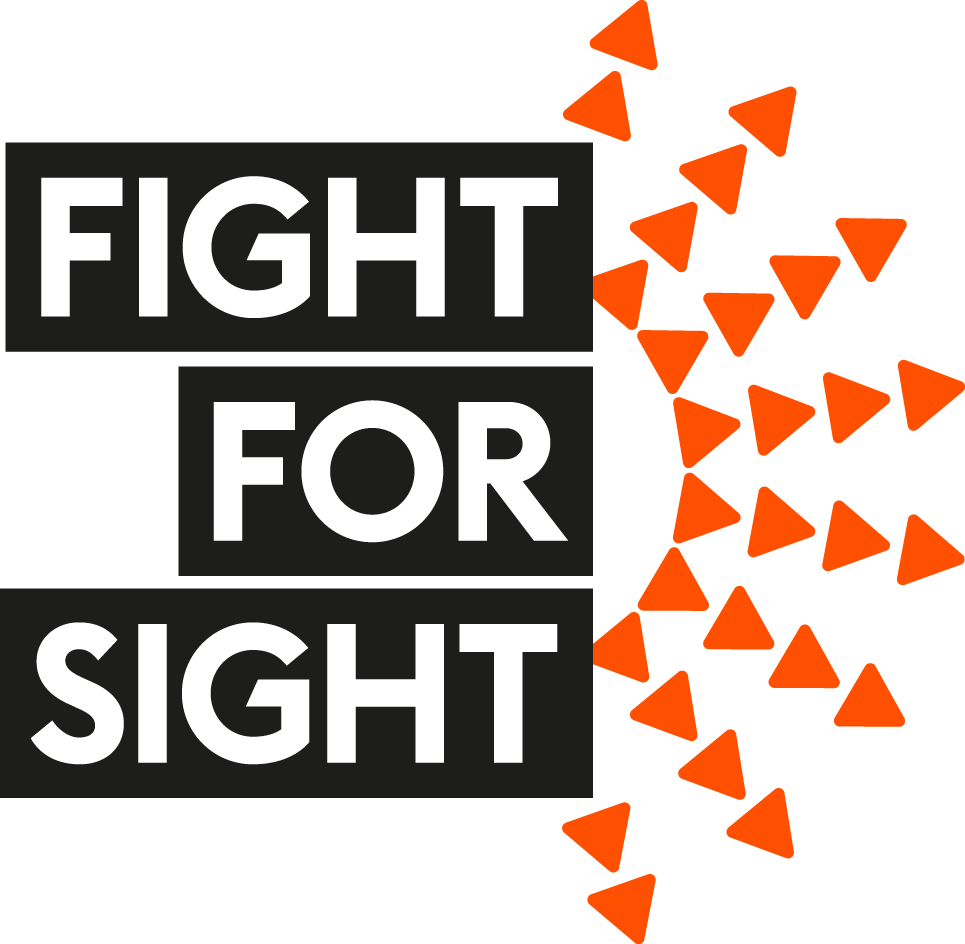Gene therapy researcher wins MRC/Fight for Sight Clinical Training Fellowship award
Dr Harry Orlans will work at the University of Oxford to develop a treatment for dominant retinitis pigmentosa.

Fight for Sight has teamed up with the Medical Research Council (MRC) again to award a new Clinical Research Training Fellowship. This prestigious award goes to Dr Harry Orlans, a Specialist Registrar at the Moorfields Eye Hospital NHS Foundation Trust.
Dr Orlans will take up his three-year Fellowship at the University of Oxford this month. He will work to develop rhodopsin gene therapy to treat dominant retinitis pigmentosa, an inherited retinal disorder.
Around 1 in 4 cases of dominant retinitis pigmentosa are due to faults in the rhodopsin gene. It’s the most common genetic cause of irreversible sight loss in the UK.
Rhodopsin is the light-sensitive protein found in the photoreceptor cells of the retina known as ‘rods’. These cells are active in low light. More than 150 faults in the rhodopsin gene (RHO) have been found so far that lead to retinitis pigmentosa, which begins with the gradual loss of rods and consequent night blindness and tunnel vision.
In this project Dr Orlans aims to develop an efficient way to deliver healthy RHO to reduce the toxic effects of the faulty version on the retina. The supplementary gene will be delivered by injection of a specially engineered virus that cannot cause disease. This initial work in animals and human retinal tissue will pave the way for future human clinical trials.
The Fellowship is funded jointly by Fight for Sight and the MRC. It’s open to clinically qualified professionals who are interested in pursuing vision research. The award enables Fellows to undertake PhD training to develop research skills and still spend up to 20% of their time in NHS sessions.
“People with a faulty rhodopsin gene form the largest group of retinitis pigmentosa patients, but the sheer variety of genetic mutations makes it unlikely that customised treatments can be developed in the near future,” said Dr Orlans. “So, instead of trying to silence specific mutations, we aim to develop a broader strategy in which we introduce large quantities of the healthy gene to try and override the system. This could be beneficial to many patients and I’m very glad to have been given the opportunity.”
“The Fellowship involves training a new clinical academic who has shown great potential in his medical career thus far,” said Fight for Sight’s Director of Research, Dr Dolores M Conroy. “Fight for Sight is very pleased to partner with the MRC to support Dr Orlans as he enters one of the very best environments for retinal ophthalmology research. He will be supervised by Professor Robert MacLaren, a pioneer in leading successful gene therapy clinical trials.”
Dr Joanna Robinson, Head of Capacity and Skills at MRC said: “We’re pleased to fund this award with Fight for Sight. Supporting early career clinicians to combine their clinical expertise with academic research is essential to training the next generation of leading clinical academics, such as Dr Orlans, who will help bring the benefits of research to patients and the wider population. The MRC is proud to be working in partnership with a number of Royal Colleges and charity funders, including Fight for Sight, in supporting early career Clinical Fellows to undertake research training.”
The 2016 MRC/Fight for Sight Clinical Research Training Fellowship opens on 13 November 2015 and the closing date for applications is at 4pm on 13 January 2016.


